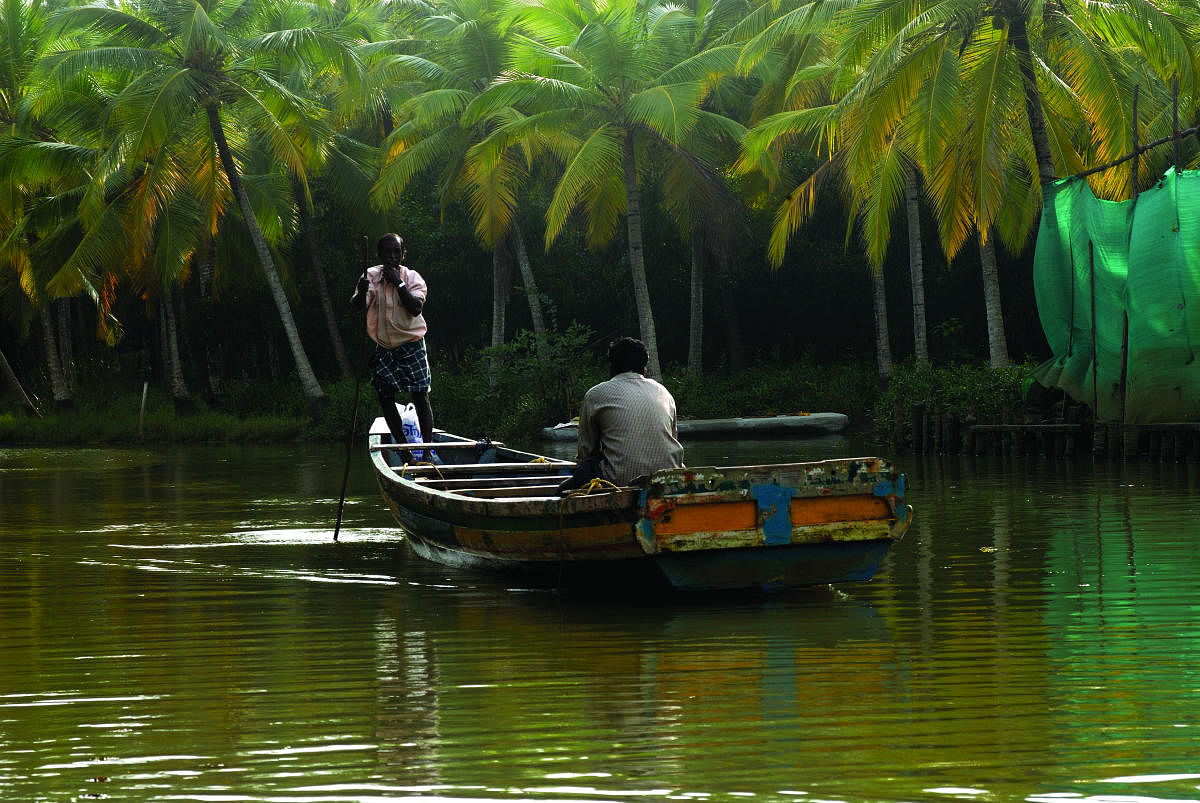
With the pandemic completely disrupting the hospitality industry in urban areas, there is more interest in rural tourism. This development could help generate employment at the grassroots and alleviate some of the adverse impact on the sector.
Taken in the right direction, it could sustain the culture of rural communities in the grassroots while also generating income for the people involved.
According to the Union Ministry of Tourism, the prime beneficiaries are "local people who are trained professionally to provide a complete package to rural tourists."
The locals can be trained to work as guides, drivers, cooks and even trained in housekeeping and hospitality.
Theory to practice
While rural tourism is not a magic solution to rescue the tourism sector or local communities from all their troubles, it does offer an unique and participatory model of development, which can create long-lasting benefits for the community.
A ‘flower model’ looks to develop tourism in the following categories — Homestay, Agritourism, Community-based Tourism and Village Tourism. Freshers and those who are in the tourism sector can explore these options to stay afloat.
The Hunar Se Rozgar Tak programme by the Ministry of Tourism is already training people in food production, food beverage service, housekeeping and bakery and patisserie.
Other courses also train tourist escorts, tourist facilitators, event facilitators, security guards, tour assistants, transfer assistants and office assistants.
Homestay: This hospitality service allows the host to share their residence with guests who visit a tourist destination.
This also allows tourists to experience the culture and tradition of communities first-hand. In the rural context, this could mean allowing guests to participate in agricultural activities of experiencing rural lifestyle and customs.
Homestays in villages can be started with coordination between the local panchayats and the Department of Tourism.
Agritourism: This involves allowing tourists to experience the life of a farmer by involving themselves in the everyday activities of an agricultural household.
Each village usually has an agricultural community growing a variety of crops and raising livestock as well. They can offer their products directly to the tourists. Communities which grow a specific type of product, like mango, or vineyards, can also organise tours and stays centred around getting more immersed in the particular activity.
Community-based tourism: Every village is usually a patchwork of communities engaged in various occupations. If these communities (usually engaged in different occupations) come and work together, it can create a wonderful cultural platform that attracts tourists.
For instance, tourists could be allowed to stay with a family engaged in handloom weaving or pottery making and gain a first-hand experience of the craft. In the Hodka village in the Rann of Kutch, for instance, a resort run by locals offers an authentic experience of the local culture.
In turn, tourism has helped preserve Hodka's unique ecology, while also benefitting poor women and unemployed youth.
Village tourism: Village tourism usually encompasses the different components of tourism — tourist attractions, good accommodation, interesting activities — in the countryside.
The income generated from tourist activities is usually equally distributed, which in turn facilitates tourist inflow and employment. A study by Swaniti indicates that developing a village as a tourist destination involves "identifying a key theme around which rural tourism can develop".
An idyllic rural setting offers people in urban areas an escape from the daily grind and allows people to reach out and get in touch with their roots.
In our increasingly connected culture, people cross boundaries of nations and expand their own horizons.
So the tourism industry responds perfectly to this human instinct that seems to draw individuals to travel and explore new places whenever they get the opportunity.
And especially in a country like ours, where cultural and natural attractions abound, rural tourism is here to stay.
(The author is an assistant professor of Tourism Studies)